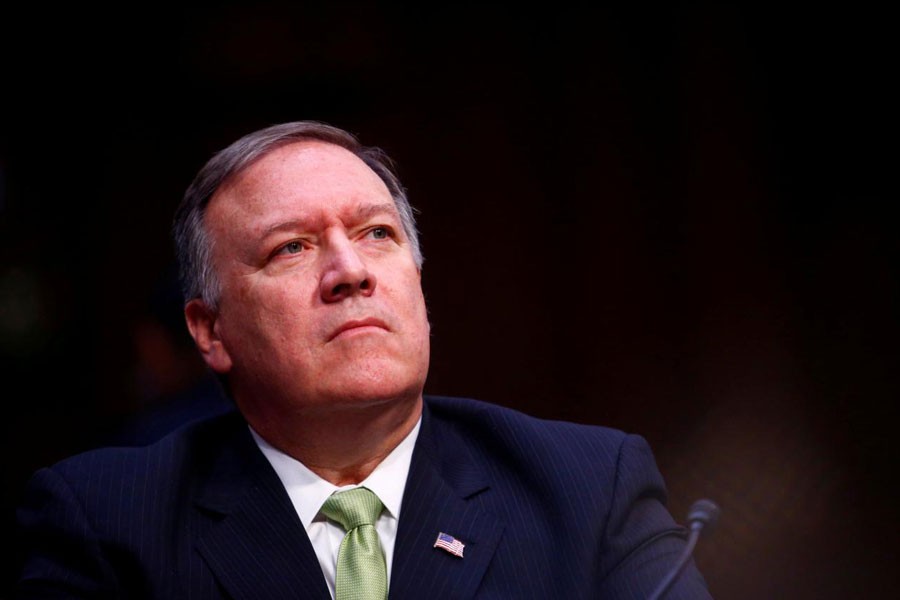Immediately on returning from North Korea on Thursday, US Secretary of State Mike Pompeo will embark on talks with allies in Europe, the Middle East and Asia to try to persuade them to press Iran to curb its nuclear and missile programs, US officials said.
The open question is whether the allies, and above all Iran, will agree to resume full-fledged talks having just seen the United States withdraw from the 2015 Iran nuclear deal and renege on its promises under the landmark arms control accord.
The US hope is that Iran will be dragged to the table by the resumption of US sanctions - and possibly the imposition of more - which would penalise European and other companies and likely cripple Iran’s oil-driven economy, says a Reuters report.
A senior State Department official said discussions with Britain, France and Germany, as well as Japan, Iraq and Israel on next steps had already taken place since US President Donald Trump on Tuesday pulled out of the nuclear pact.
“There will be an effort to go out globally and talk to our partners around the world who share our interests. That is the first stage,” a senior State Department official said of plans for talks by Pompeo and his chief Iran negotiator, Brian Hook.
“The composition of what happens when we sit down with the Iranians is several stages out,” the official said, adding that talks would focus on how to raise pressure on Iran “in a way that is constructive and conducive to bringing them to the negotiating table.”
Trump’s decision opens the door to greater US confrontation with Tehran and strains relations with America’s closest allies, current and former diplomats said.
Washington has given grace periods of 90 days to six months for companies to wind down their trade with Iran. Some allies, like France, will push for exemptions from US sanctions to protect their companies.
Even though companies can seek US Treasury licenses to continue operating in Iran beyond the deadlines, the threat of US sanctions will likely force them out, experts say.


